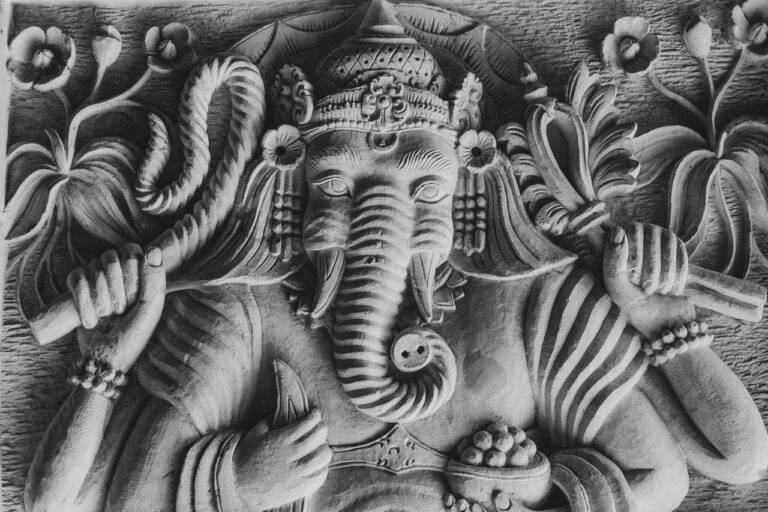The Importance of Bipartisan Cooperation in Elections
In a political landscape often marked by division and discord, finding common ground across party lines can yield significant advantages. Collaboration between opposing parties fosters the opportunity for innovative solutions to complex issues, drawing on a variety of perspectives and expertise. By transcending partisan boundaries, lawmakers can address challenges more effectively and in a manner that resonates with a broader spectrum of constituents.
Moreover, working across party lines can help cultivate a sense of unity and bipartisanship within the political arena. This can lead to increased trust among the population towards their elected representatives, boosting the overall credibility and functioning of democratic institutions. By prioritizing cooperation over conflict, politicians demonstrate a commitment to serving the greater good, showcasing a model of governance that values compromise and consensus-building.
Why Political Divisiveness is Harmful to Democracy
Political divisiveness poses a serious threat to the functioning of a democratic system. When politicians and citizens are deeply divided along party lines, it becomes increasingly challenging to find common ground and work towards the collective good. This can lead to gridlock in decision-making processes, preventing necessary reforms and policies from being implemented in a timely manner.
Moreover, political divisiveness can also exacerbate social polarization and deepen ideological rifts within society. When individuals become entrenched in their own beliefs and viewpoints, it hampers constructive dialogue and cooperation. This can breed animosity and resentment towards those with differing opinions, eroding the fabric of civic engagement and mutual respect essential for a healthy democracy.
What are the benefits of working across party lines in a democracy?
Working across party lines promotes compromise, fosters diverse perspectives, and leads to more comprehensive and effective policy solutions. It also helps build trust and cooperation among lawmakers, fostering a more functional and inclusive democracy.
How does political divisiveness harm democracy?
Political divisiveness can lead to gridlock, polarization, and a lack of cooperation among lawmakers. This can hinder the government’s ability to address pressing issues, erode public trust in political institutions, and weaken the overall health of the democratic system.
What can individuals do to combat political divisiveness in a democracy?
Individuals can strive to engage in respectful dialogue with those who hold different political views, seek out diverse perspectives, and support politicians who prioritize cooperation and compromise. By actively working to bridge divides, individuals can help promote a more united and functional democracy.





